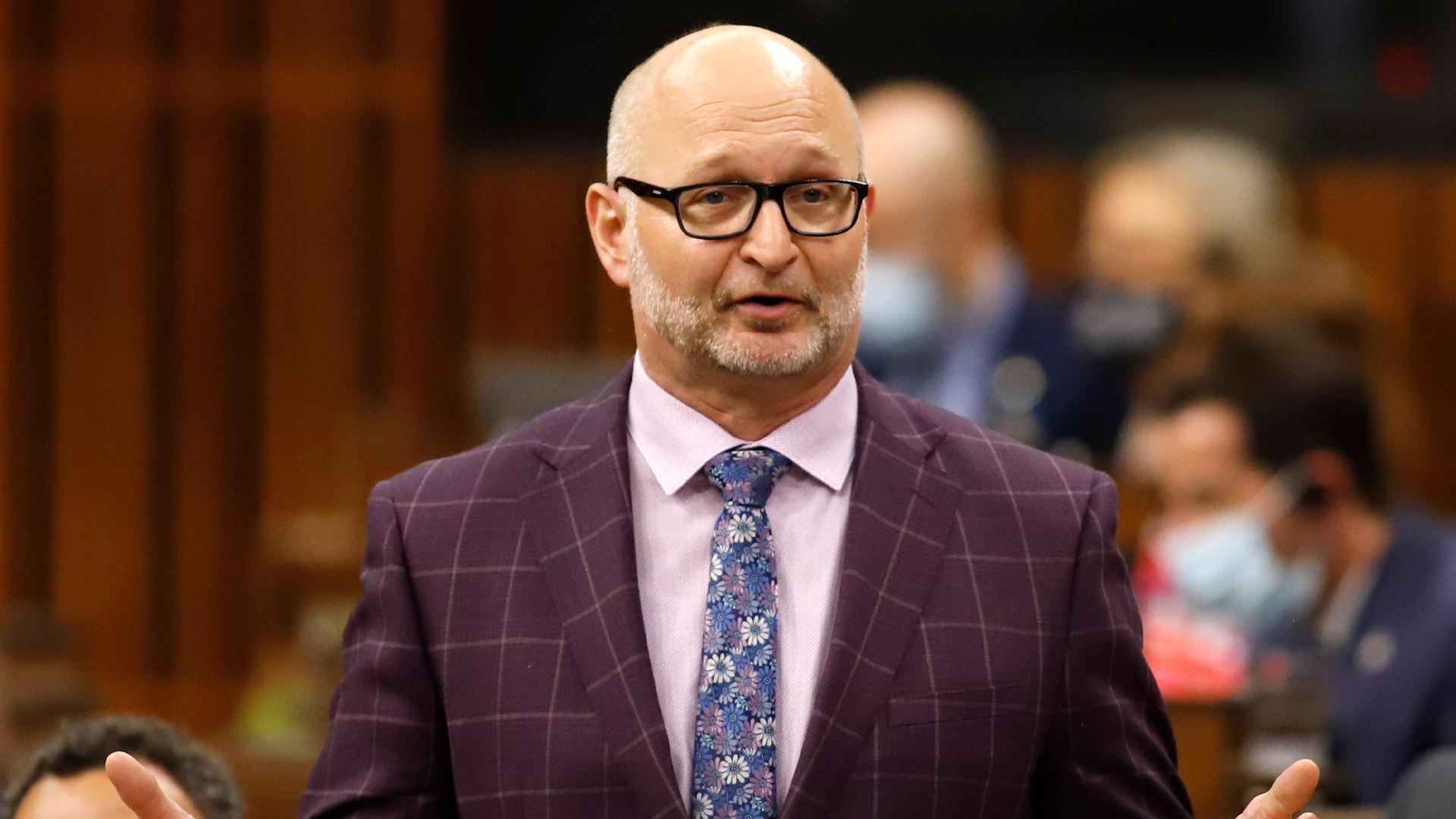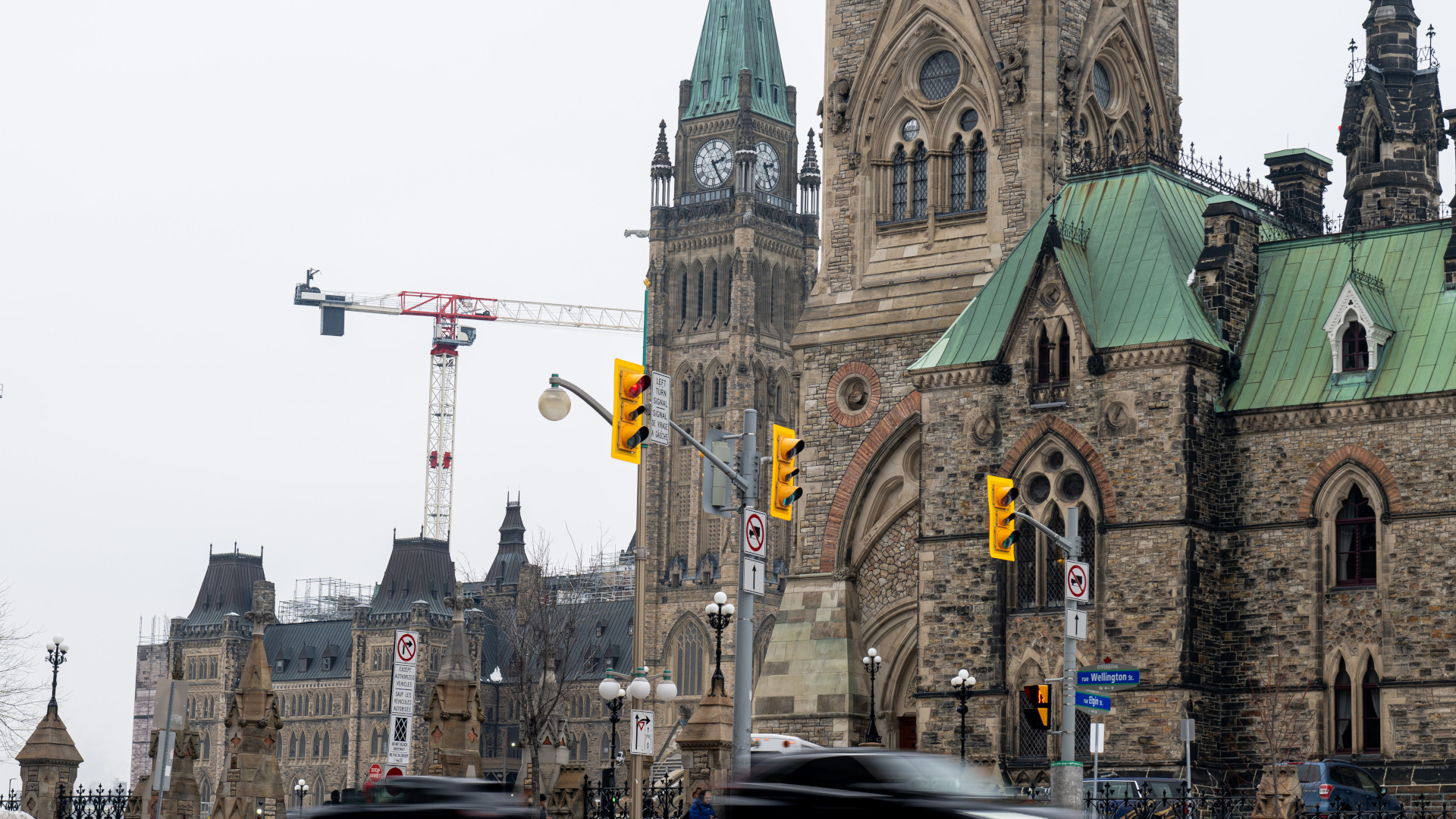
(Version française disponible ici.)
Canadians have taken an increased interest in the doctrine of cabinet secrecy in the wake of the Trudeau government’s declaration of a public order emergency in February. This is a good thing. Canadians should care about how they are governed.
While cabinet secrecy frequently gets bad press, Canadians should understand that it is essential to the proper functioning of our system of governance. Ministers need a forum where they can test ideas, debate and reach a consensus on government policy and action.
The confidentiality of cabinet meetings enables ministers to speak freely – sheltered from undue external pressure or criticism – to express views that some might consider unpopular or contentious, reconcile their differences and come to a joint position that they can publicly defend.
The clock is ticking on the Emergencies Act
Confidentiality empowers ministers to remain united in public despite any private disagreement among them. A minister who cannot support a collective decision made in cabinet must resign. Remaining united is crucial for the ministry to maintain the confidence of the House of Commons and stay collectively accountable to the electorate.
Cabinet secrecy is central to the preservation of this cabinet solidarity. It is part of the DNA of the Westminster system of responsible government, as it cannot be discarded without altering the entire system. While obstacles to transparency should be met with skepticism, the Supreme Court of Canada has recognized that “Cabinet confidentiality is essential to good government.”
Unparalleled legal protection
Yet, regardless of its importance, cabinet secrecy should not be treated as absolute. It should not be utilized to impede the search for the truth where the validity of government action is seriously contested and the law demands that it be reviewed, as is the case with the recent declaration of emergency in response to the trucker convoy protests and blockades.
Three institutions currently have a mandate to review the validity of the emergency declaration: the Special Joint Committee on the Declaration of Emergency, the Public Order Emergency Commission, headed by Justice Paul Rouleau, and the Federal Court.
By enacting sections 39 of the Canada Evidence Act and 69 of the Access to Information Act, Parliament gave the government the power to completely shield cabinet confidences from disclosure in legal proceedings and under the access to information regime. These provisions give the federal cabinet a level of protection that is unmatched in Canadian provinces as well as in the U.K., Australia, and New Zealand.
Thus far, the Trudeau government has declined to lift the veil of secrecy before the special joint committee and the Federal Court. But on May 1, Public Safety Minister Marco Mendicino showed some openness to giving Justice Rouleau access to information that would shed light on the circumstances leading to the emergency declaration, without committing to releasing cabinet confidences.
When the government creates a commission of inquiry, it must provide it with access to the information necessary to carry out its mandate in a credible way. In fact, three past commissions of inquiry have had access to cabinet confidences: the McDonald Commission on the RCMP Security Service (1977-1981), the Gomery Commission on the sponsorship scandal (2004-2006) and the Oliphant Commission on the Mulroney-Schreiber affair (2008-2010).
Still, the reluctance of Justice Minister David Lametti to share cabinet confidences with the special joint committee on April 26 is understandable. After all, members of the committee include political opponents who could jeopardize the confidentiality of the information or use it for partisan purposes.
However, the government should not rely on cabinet secrecy to deny lawmakers access to the basic factual and background information that led to the decision to declare the state of emergency. Indeed, pursuant to the often-neglected discussion paper exception – entrenched by Parliament in both sections 39 and 69 – this information is not subject to cabinet secrecy once the underlying decision has been made public.
The factual and background information that underpinned the emergency declaration is mostly what is needed to assess the validity of government action. In contrast, the views ministers voiced during their deliberations are not only more sensitive but also less relevant to that end. The problem is that factual and background information is often interwoven with ministerial views in cabinet documents, making it difficult to separate them. Moreover, the factual and background information may be protected on other grounds, like national security and solicitor-client privilege.
Let the courts decide
Before the government refused to disclose cabinet confidences to the special joint committee, the interim clerk of the Privy Council, Janice Charette, prevented the Federal Court from examining cabinet documents related to the emergency declaration. She did so in respect of the legal challenge initiated by the Canadian Constitution Foundation and the Canadian Civil Liberties Association. While the clerk’s veto is contemplated by section 39 of the Canada Evidence Act, the disclosure of state secrets in legal proceedings should be governed by the public interest as determined by a judge in a fair process, not pre-emptively by a government official.
In a constitutional system based on the rule of law and the separation of powers, it is the role of the courts to control the admissibility of evidence in legal proceedings. The courts should thus be able to examine the documents and assess the competing aspects of the public interest – the interest of justice as well as the interest of good government – as courts can do under the common law. Courts cannot truly be courts without that power.
This process would not necessarily lead to full public disclosure of the documents. The court could conclude that the cost of disclosure outweighs the benefit. In other words, the court could find that the degree of injury that would result from disclosing the documents is greater than their degree of relevance to the proceedings. In addition, even if the court finds that the documents should be made available to the litigants for the purposes of the proceedings, it could minimize the degree of injury by redacting them, holding a closed hearing, or imposing a confidentiality undertaking.
What matters is that the final decision on disclosure is made by an independent and impartial judge in the public interest after hearing both sides (the government and the litigants) rather than unilaterally by a government official (a minister or the clerk) who cannot be neutral in such proceedings. While Canadians fear that a self-interested government may selectively disclose or suppress information for improper purposes, they generally trust the courts to act in the best interest of the country.
A question of confidence
The controversy surrounding the declaration of emergency has raised awareness of cabinet secrecy. As long as the decision to disclose cabinet confidences is exclusively in the government’s hands, the legitimacy of the doctrine risks being undermined. Conversely, ensuring that cabinet secrecy claims are subject to proper oversight mechanisms would bolster its legitimacy in the public eye.
Given the unprecedented nature of the declaration of emergency, it is especially important that Justice Rouleau and the Federal Court be given access to all the information they need to fulfill their mandate, including cabinet confidences. They need access to cabinet confidences to reach an informed conclusion on the validity of the emergency declaration. Canadians can trust them to decide what information should be disclosed and what information should remain secret based on the public interest. Exceptional circumstances call for exceptional measures.











